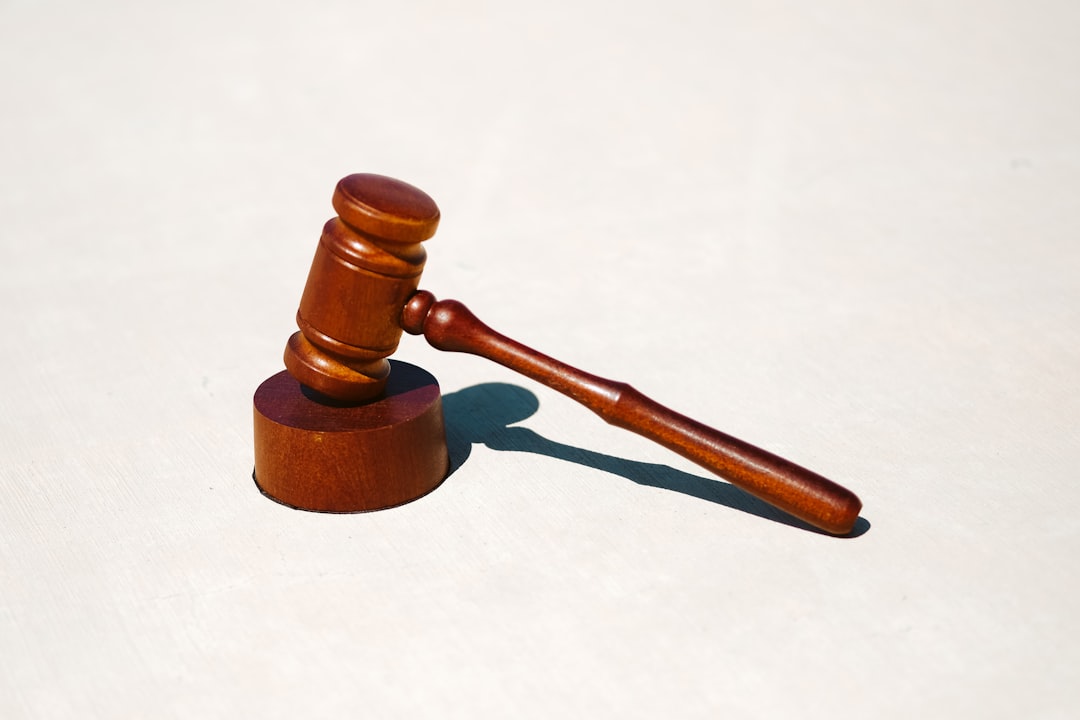Debt collector attorneys in Delaware play a crucial role in navigating strict state and federal regulations to protect consumers and ensure ethical collection practices. They guide businesses through licensing, compliance with Fair Debt Collection Practices Act (FDCPA), transparent communication, meticulous record-keeping, and documentation of debtor interactions, fostering trust and maintaining legal integrity.
In the state of Delaware, debt collector attorneys play a crucial role in navigating complex legal landscapes. Understanding the compliance requirements is essential for professionals engaging in debt collection practices. This article delves into the intricacies of debt collector regulations in Delaware, covering key areas such as licensing, communication guidelines, and record-keeping. By exploring these aspects, individuals and businesses can ensure adherence to state laws, specifically focusing on the Fair Debt Collection Practices Act (FDCPA), thereby fostering ethical and compliant debt recovery processes.
Understanding Delaware's Debt Collection Laws

In the state of Delaware, debt collectors must adhere to stringent legal guidelines set forth by the Delaware Department of Justice and the Federal Trade Commission (FTC). These regulations are designed to protect consumers from aggressive or unfair collection practices. Understanding these laws is crucial for both debt collectors and individuals facing financial hardships. A debt collector attorney in Delaware can provide specialized knowledge to ensure compliance with these rules, which cover various aspects of the collection process.
Key areas of focus include proper identification of the debtor, accurate documentation, and fair treatment during communication. Debt collectors must verify their identity and the debt they are attempting to collect, ensuring all information is obtained and shared responsibly. Additionally, collectors should be aware of time restrictions on contacting debtors and the requirement to cease communication if a debtor requests it. Compliance with these measures not only protects consumer rights but also prevents potential legal repercussions for debt collection agencies.
Licensing and Registration Requirements for Debt Collectors in DE

In Delaware, debt collectors must adhere to strict licensing and registration requirements set forth by the state’s regulatory bodies. Before engaging in debt collection activities within the state, prospective debt collectors should familiarize themselves with these stringent guidelines. The process typically involves obtaining a license from the Delaware Department of State, Division of Professional Licensing, which ensures that debt collectors operate within ethical and legal boundaries.
Additionally, debt collector attorneys in Delaware play a crucial role in guiding clients through this regulatory landscape. These legal professionals are well-versed in the intricate details of licensing and registration, ensuring their clients comply with all necessary requirements. By seeking expertise from qualified debt collector attorneys, businesses can navigate the complexities of the regulatory environment and maintain compliance, thereby fostering trust and transparency in their debt collection practices.
Fair Debt Collection Practices Act (FDCPA) Compliance in Delaware

In Delaware, debt collectors must adhere to the stringent guidelines set forth by the Fair Debt Collection Practices Act (FDCPA). This federal law establishes a framework to protect consumers from aggressive or unfair practices during debt collection. For debt collector attorneys in Delaware, understanding and implementing these regulations is paramount.
The FDCPA prohibits debt collectors from engaging in abusive, deceptive, or harassing conduct when attempting to collect a debt. It restricts the time and frequency of contact, requires validation of the debt, and mandates that communication be conducted in a polite and professional manner. Compliance with these rules not only ensures fair treatment for consumers but also safeguards the reputation of debt collector attorneys in Delaware, ensuring their practices remain ethical and lawful.
Verbal and Written Communication Guidelines for Debt Collectors

Debt collectors in Delaware must adhere to strict guidelines regarding verbal and written communication, as mandated by both state law and federal regulations. These rules are designed to protect consumers from aggressive or deceptive collection practices. When interacting with debtors, collectors should maintain a polite, respectful, and professional tone. They are prohibited from using abusive, threatening, or oppressive language, or engaging in any form of harassment.
Written communication must be clear, accurate, and easily understood by the debtor. Debt collector attorneys in Delaware recommend that letters include specific information about the debt, such as the amount owed, the date it was incurred, and the payment options available. Collectors should also provide debtors with a detailed explanation of their rights, including the right to dispute the debt and request validation of the claim. Any promises or guarantees made during communication must be accurately reflected in writing to avoid misleading the consumer.
Record-Keeping and Documentation Obligations for Debt Collectors in DE

In Delaware, debt collectors must adhere to stringent record-keeping and documentation obligations as mandated by state law and enforced by the Delaware Attorney General’s Office. They are required to maintain detailed records of all communications with debtors, including dates, times, content, and methods used during contact attempts. This documentation is crucial for ensuring fair collection practices and transparency throughout the process.
Additionally, debt collectors should keep separate records of any agreements, payments, or resolutions reached with debtors. These records must be accurately updated and readily accessible upon request by either the debtor or relevant authorities. Compliance with these record-keeping requirements not only facilitates smooth interactions between debt collectors and debtors but also serves as a safeguard for both parties, ensuring all activities are conducted in accordance with Delaware’s established legal framework.






